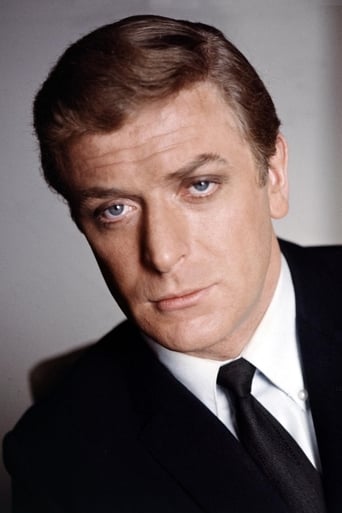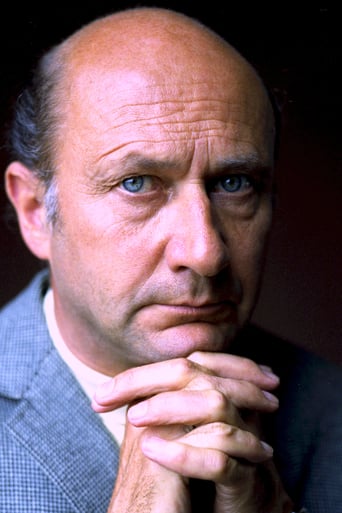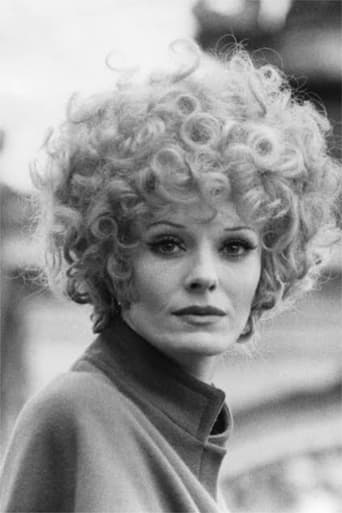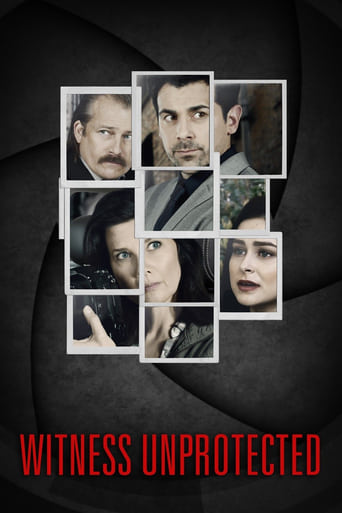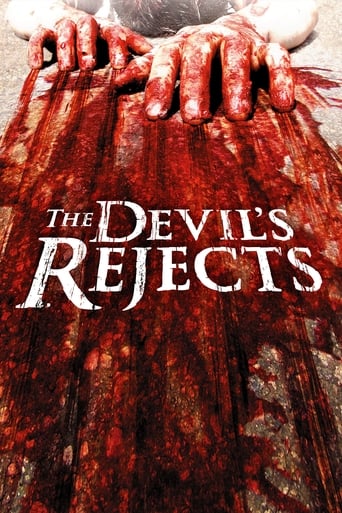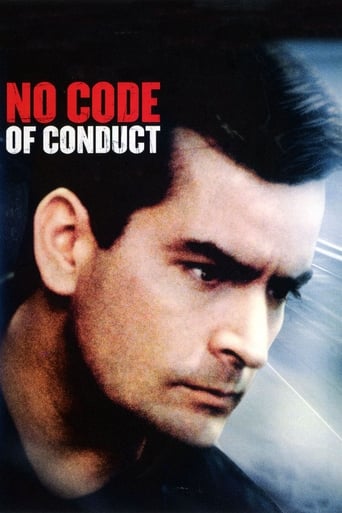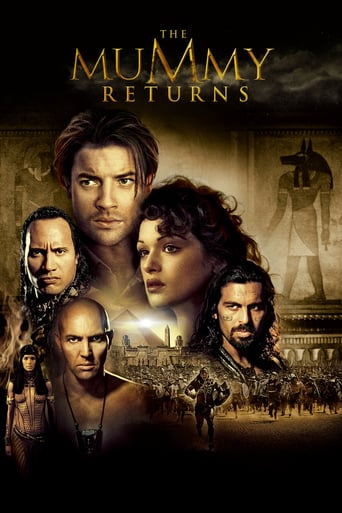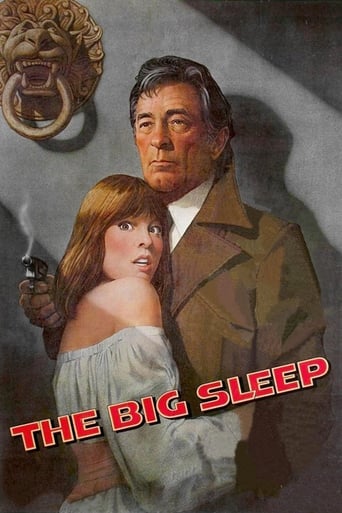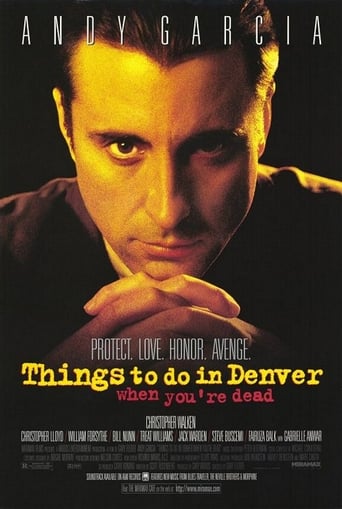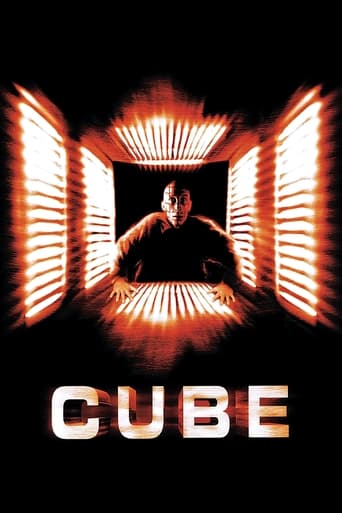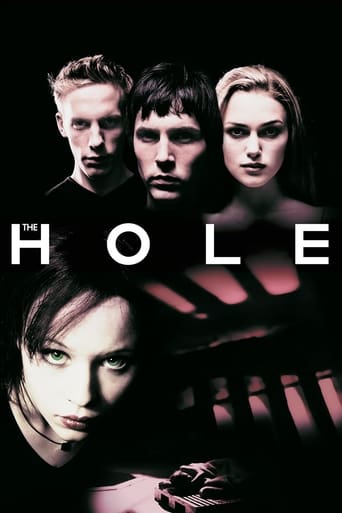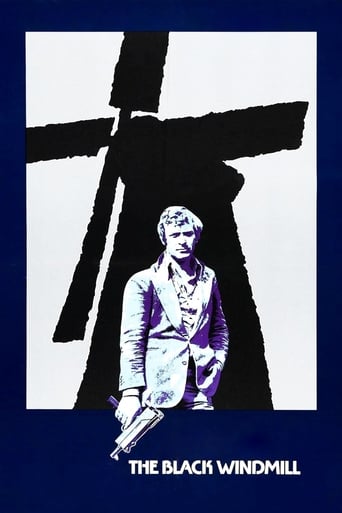
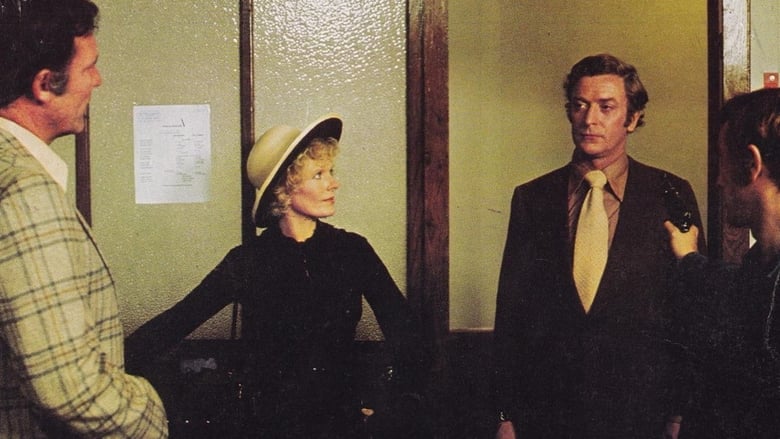
The Black Windmill (1974)
A British agent's son is kidnapped and held for a ransom of diamonds. The agent finds out that he can't even count on the people he thought were on his side to help him, so he decides to track down the kidnappers himself.
Watch Trailer
Cast


Similar titles
Reviews
I caught this film when it was shown on British television recently and was surprised that I had never previously heard of it, despite the fact that it stars an actor as iconic as Michael Caine and was made by a director as famous as Don Siegel. The "black windmill" of the title is one of the two Clayton Windmills (known locally as "Jack and Jill") on the South Downs near Brighton; this windmill plays an important part in the plot.As in "The Ipcress File", Caine plays a British secret service agent, but his character here, John Tarrant, is very different to Harry Palmer. Whereas Palmer was a working-class outsider, a former Army sergeant who was virtually blackmailed into joining the secret service to avoid a criminal charge, Tarrant is an establishment insider, part of the officer class. (He holds the rank of Major). He is engaged in an undercover operation to counter the activities of a gang of arms smugglers selling weapons to terrorists in Northern Ireland. (The film was made in 1974 when the Northern Irish troubles were at their height).The film starts with Tarrant's young son David being kidnapped and held to ransom. The kidnappers appear to have a detailed knowledge not only of Tarrant's family circumstances but also of the work he is engaged on; as their ransom they demand a valuable quantity of uncut diamonds which he has recently acquired to fund his intelligence work. Tarrant initially believes that the kidnappers are connected either to the arms dealers or to the terrorists for whom they are working, and confides in his superior, Cedric Harper. As matters progress, however, he begins to wonder whether matters are really as they seem and whether he can really trust his colleagues.This is far from being Caine's worst film. (For an actor of his distinction he made more than his fair share of dreadful ones, "Blame It on Rio" and "Ashanti" being two that come to mind). It does, however, highlight one of his weaknesses as an actor, namely that in the early part of his career he was not very good at conveying strong emotions. Most of his iconic roles, at least from this period, involved him playing characters who, for one reason or another, avoid showing much emotion. This could be because they need to keep up the "stiff upper lip" (his characters in "Zulu" and "Battle of Britain"), because they hide their feelings beneath a mask of impassivity (Jack Carter), because they deliberately avoid emotional commitment (Alfie Elkins) or because they try and distance themselves from their feelings through cynicism and irony (Frank in "Educating Rita"). Certainly, some of his more mature performances do show greater emotional depth, such as "The Honorary Consul" and "The Quiet American", but in "The Black Windmill" he is rather wooden, never suggesting the anguish and anxiety of a man whose son is being held for ransom.Some of the acting is better; Janet Suzman as Tarrant's estranged wife Alex provides the emotional conviction that Caine's performance lacks, while Donald Pleasence is very effective as the smooth but unsympathetic and possibly duplicitous Harper. The film as a whole is a professionally made thriller, if not a very original one, but an essentially American director like Siegel was not the most natural choice to direct a British spy thriller like this one. "The Black Windmill" is never going to rank on his filmography as highly as the likes of "Dirty Harry" and "The Shootist". 6/10
The Black Windmill combines the minds and talents of a certain American filmmaker named Don Siegel with a certain British actor named Michael Caine, between them coming up with this: a perfectly fine, if rather unspectacular and somewhat flimsy, thriller about kidnap; espionage; suspicion and stone-faced revenge. Three years earlier, each of the said men had had separate hits within the field of most of the above in the form of Get Carter and Dirty Harry, respectively; two films about cold-blooded and somewhat self centred men willingly going up against rather impossible odds to attain a sort of personal or moral parity. The films were lean and mean, thoroughly engrossing pieces featuring a lead actor some might say has never been better and a director handling particular material with the utmost care and attention. 1974's The Black Windmill takes the lead from one and the director from t'other, thus cooking up a tale which is again a combination of both Get Carter and Dirty Harry in the form of search and rescue melded with cold-hearted revenge before serving an edible enough dish which isn't as engaging nor as daring as the said films but is perfectly fine in its own right.Those expecting something anything better than either examples will be sorely disappointed, The Black Windmill far 'talkier' and dealing more with crime and investigative procedure in a way that sees its leads as more mature without the material actually being as mature. When Caine's character organises to meet up with his wife covertly and behind the backs of those whom trace them for whatever reason, they work out a series of codes or keywords that each of them know the other will immediately recognise, and it's all played out rather tactfully and routinely. Both leads in Dirty Harry and Get Carter probably wouldn't have even bothered with such things; wading on it, doing what needs to be done before wading on out again with a put-down not worried if anybody was hurt or offended as long as they got what they wanted. There was more of an immediacy to those attitudes complimenting those films, both a starker and franker atmosphere encapsulating the mindsets of the leads; where such methods were far more primitive, it was additionally far more daring; far bleaker and far more engaging in that manner they were.This film begins with two boys playing where they ought not be playing, less-so because of the sign telling them not to and more-so because a psychopathic criminal and his blundering accomplices plan on swiping the pair of them. We can tell something's not quite right with these military officials when they're picked up and brought back to a hangar; the headlights of a jeep obscuring clear view of those instigating the scenario and a female second in command revealing a little more leg than a more upstanding, respecting officer of her ilk might. Sure enough, they are taken and it is Michael Caine's father, John Tarrant, of one of the boys whom is the parental victim along with his wife Janet (Suzman). Tarrant is more broadly linked to the military, a British intelligence officer with the rank of major whom is working on another job at the time of the crime to do with other criminal dealings; the fact he has to pass on a stakeout mission for what arises suggests expertise within that field, specifically in both tracing and investigation whilst maintaining an anonymous presence, key items which will help in his eventual quest.The impact of his son's taking is made all the more affecting when the time comes for he and Janet to first find out what exactly has happened; the calling of their house by the enemy, a certain individual identifying himself as Drabble, allowing the voice of Tarrant's son David on the phone and Siegel allowing Janet's pained reaction fill our screens. The film toys as to whether Tarrant himself might be in on it, Caine's minimalist reactions and reserved response to the situation causing certain higher-ups to question his integrity and if he isn't, then only adding to the professionalism and cold-bloodedness his character surely embodies. With a ransom demanded, fingers pointing in every-which-way and everybody rather perturbed at everything and everyone else, the stage is set for Caine to embark on a treacherous mission encompassing danger and death to try and fetch his son and use violence as a means of getting even. The film is a firmer and more calculating effort in its depiction of both revenge-seeking as well as people-finding; a film heavier with plot which in itself isn't necessarily as water tight as one would have liked and only really allowing Caine to step out of the boundaries of the law in a stable but more watered-down manner when compared to the unperturbed, pulpy brute force of certain other anti-heroes in certain other earlier examples whom you felt were frothing-at-the-mouth mad dogs let loose from their collars and on a mission to attain what they wanted.Siegel does just about enough to keep everything moving along, the odd narrative hiccup here and there not necessarily pasted over enough for it to not be as glaring as it is, while the post-Q's workshop/sub-James Bond gadgetry sequences of a certain briefcase being introduced purely so that it may be used later on are a little strange. Regardless, the cast play it as straight as they can and Caine goes along with his own post-Ipcress File/sub-Jack Carter incarnation of a military man on a mission, beginning with the worst case scenario and ending with a framework favourite: the descent into Hell; all in all, working relatively well and engaging the viewer on a basic level of narrative complexity twinned with slight observation on supposedly ever increasing corruption within the state itself's most trusted.
A poor plot with several holes in it and pretty feeble acting and those 1970's haircuts! The police in this film were pretty dumb but they didn't need to be clever as the crooks were not much smarter and no one was nasty. Oh happy days!
Michael Caine plays 'major John Tarrant' who's son is kidnapped as a direct consequence of his job as an MI6 operator. Based on a novel by Clive Egleton, this above average thriller sees Caine in the kind of role he can play in his sleep; as the hero (with the wavy fringe) seemingly in control of his emotions, speaking just about as much as 'Dirty Harry' and finally when confronting the bad guys; running amuck.


